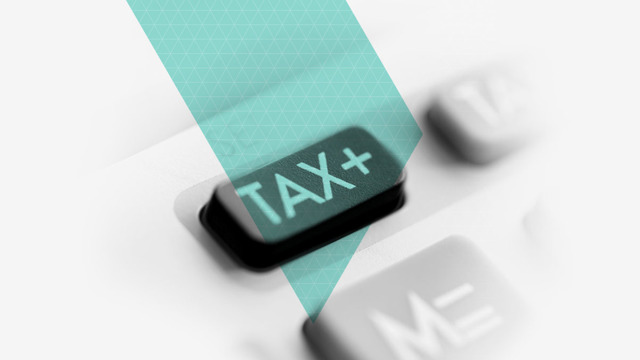The gig and sharing economy has quickly become a significant part of our lives, with many of us increasingly utilising services provided through digital platforms which facilitate transactions between sellers and buyers, such as to book short-term accommodation, or rideshare.
On 10 March 2022, the New Zealand Government released a discussion document "The role of digital platforms in the taxation of the gig and sharing economy" (Discussion Document), which discusses the suitability of New Zealand's existing tax framework in dealing with the gig and sharing economy, and proposals for potential reform in regards to information reporting and goods and services tax (GST) with the key goals of increasing taxpayer compliance and improving the competitiveness of traditional suppliers.
Key concerns arising from the gig and sharing economy
The two key concerns outlined in the Discussion Document with the rise of the gig and sharing economy are:
- Taxpayer compliance obligations: It is recognised that many participants in the gig economy may not be familiar with their tax compliance obligations which may contribute to non-compliance.
- Improving fairness between traditional suppliers: The Discussion Document states that New Zealand's existing tax framework, in particular its GST regime, does not create a level playing field between traditional sellers and sellers using the gig and sharing economy.
Information reporting and sharing
One proposal put forward by the Discussion Document to address the concerns outlined above is the implementation of the "OECD Model Rules for Reporting by Platform Operators with respect to Sellers in the Sharing and Gig Economy" (OECD Model).
The implementation of the OECD Model would require New Zealand resident digital platforms to report income information about both resident and non-resident sellers to the New Zealand Inland Revenue, which may in turn be shared with foreign tax authorities in jurisdictions that have implemented the OECD Model. In turn, the New Zealand Inland Revenue would also receive information on resident sellers using non-resident digital platforms from foreign tax authorities. The implementation of the OECD Model would affect digital platforms for the supply of accommodation, professional and personal services, the sale of goods and vehicle rental.
One concern with the implementation of the OECD Model is that the information reporting (done by calendar year) does not align with New Zealand's tax year (which ends on 31 March), which presents issues with using gathered information to increase taxpayer compliance by pre-populating sellers' income tax returns. The Discussion Document presents several possible solutions to this issue, including the implementation of bespoke New Zealand rules. One significant negative identified with implementing bespoke New Zealand rules is the increased compliance costs to digital platforms in having to comply with New Zealand rules in addition to the OECD Model.
GST reform
The proposal for GST reform in the Discussion Document arises from small-scale sellers (that are not required to charge GST on supplies due to being under the GST registration threshold of $60,000 of supplies in a 12-month period) being able to compete at a relatively low cost with their traditional counterparts through digital platforms.
One measure proposed by the Discussion Document is to lower the GST registration threshold for sellers operating through digital platforms in the gig and sharing economy to level the playing field with traditional operators.
The other key proposal is to require digital platforms to collect GST as if the platform itself had made the supply, similarly to New Zealand's existing GST on remote services and low-value imported goods regimes which provide for the collection of GST by marketplaces on behalf of suppliers (see previous articles on remote services and low-value imported goods). Such a proposal raises the question of how affected sellers would claim back GST on their expenses. The Discussion Document suggests possible solutions for this including requiring all affected sellers to register for GST, the implementation of a flat rate scheme (under which a portion of the GST collected by digital platforms would be returned to the seller as a proxy for GST deductions, similar to reforms implemented in Mexico) and the refunding of GST on expenses as part of the annual income tax return process.
Next steps
The direction in which any reforms proceed will be of interest to those operating in the gig and sharing economy, both for sellers and digital platforms. New Zealand has a history of closely following OECD model reforms where appropriate, recently with many of the OECD BEPS measures being implemented into domestic law. However, New Zealand's unique position as a predominant importer of goods and services located at the bottom of the world may also result in more country-specific measures being implemented. Submissions on the Discussion Document close on 21 April 2022.
This article first appeared on the International Tax Review website here.



